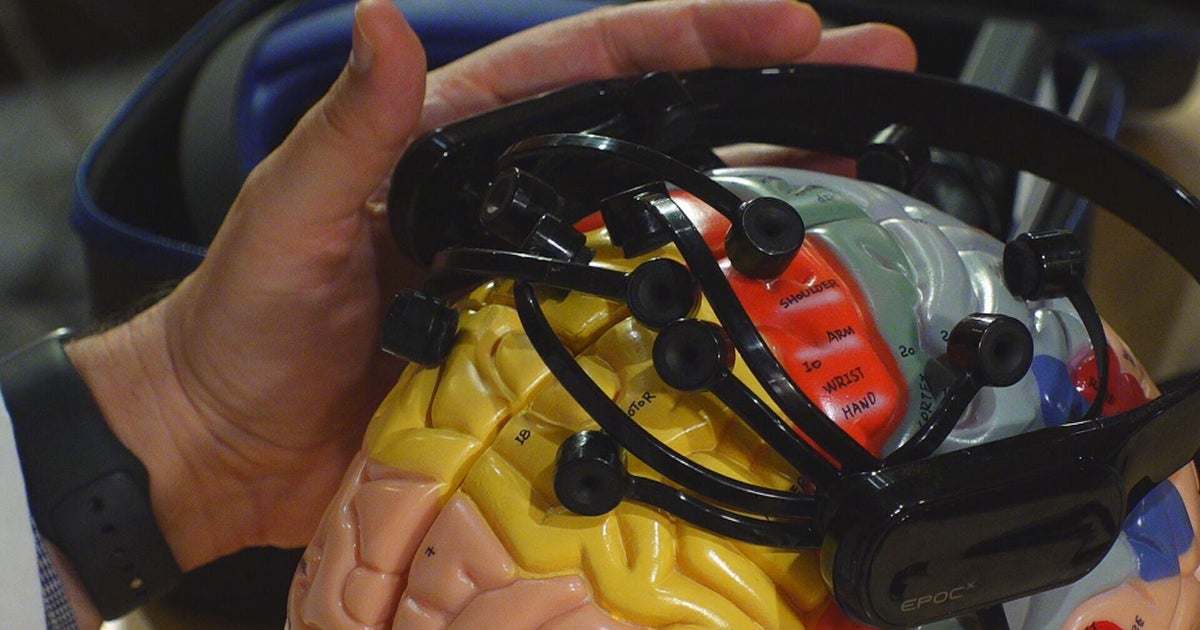Study: Hand Washing Dishes May Reduce Risk Of Allergy Development
Follow CBSMIAMI.COM: Facebook | Twitter
MIAMI (CBSMiami) – Dinner is finished and the plates are loaded into the sink—whether you proceed to hand wash or place them in the dishwasher could make a difference in whether or not children develop allergies.
A questionnaire-based study of 1,029 Swedish children, between the ages of 7 and 8, found an association between allergy development and common lifestyle factors—such as hand washing your dishes versus placing them in the dishwasher.
The results found that hand washing dishes was associated with a reduced risk of children developing allergic diseases; like asthma and eczema. Also, risks are further reduced if children ate fermented food and bought food directly from farms, according to the study.
The study, which was published in the March 2015 issue of Pediatrics, speculates that a less-efficient dishwashing method, hand washing for example, may induce tolerance because of an increased microbial exposure.
The study notes that it is known that microbial exposure during early life may prevent, or reduce, the risk of allergy development—a hypothesis known as the hygiene hypothesis. The epidemiologic study explores daily-life exposure patterns to test if the patterns are associated with less allergy development in children.







